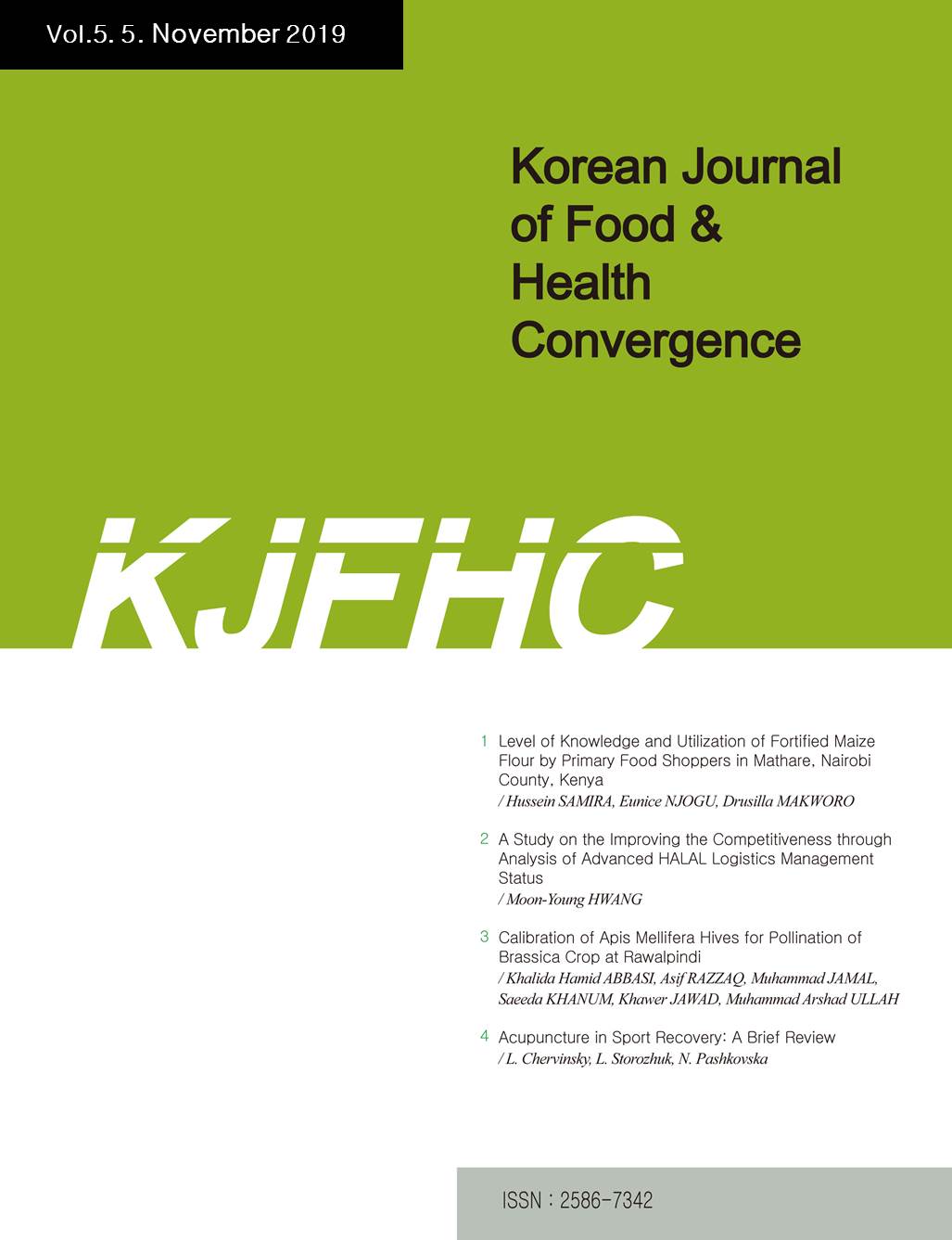- 권한신청
- E-ISSN2586-7342
- KCI
Assessment of The Level of Caffeine in Some Tea Leaves Marketed in Dutse: Jigawa State
LAWAL, A.M. (Science Department, Maude International Schools)
IBRAHIM, M.S (Break-Free Plastic Movement)
KHALID, A. (Science Department, Great Icon International School)
MUHAMMAD, U.L. (Department of Chemistry, Al-Qalam University)
Abstract
The use of caffeine as a psychoactive stimulant in tea has been observed to have serious negative effects in humans' systems such as respiratory, nervous, cardiovascular, renal and skeletal systems. This study was carried out to assess the levels of caffeine in 10 different tea brands available in local market in Dutse, Jigawa State, Nigeria. Quantitative analysis of caffeine was performed by a simple and fast UV-Vis spectrophotometric methods using different solvents for extraction. The caffeine content in all the tea samples analyzed in this study were below the maximum allowable limits set by the USFDA. Tea have been associated with adverse health effects and the claims made by manufacturers about the benefits of tea do not highlight risks associated with excessive consumption of a combination of the ingredients contained in tea. Long term effects of tea consumption of children and young people have not been adequately studied. Therefore, it is recommended that further research be carried out on the adverse effects of energy drinks on children. Research is also needed to be done on the effects of the combination of ingredients on health and excessive consumption of those ingredients to children and adolescents. People need to be educated and given proper awareness on the health risks associated with caffeine containing beverages.
- keywords
- Caffeine, Tea Leaves, Assessment, Chemistry
- 다운로드 수
- 조회수
- 0KCI 피인용수
- 0WOS 피인용수

